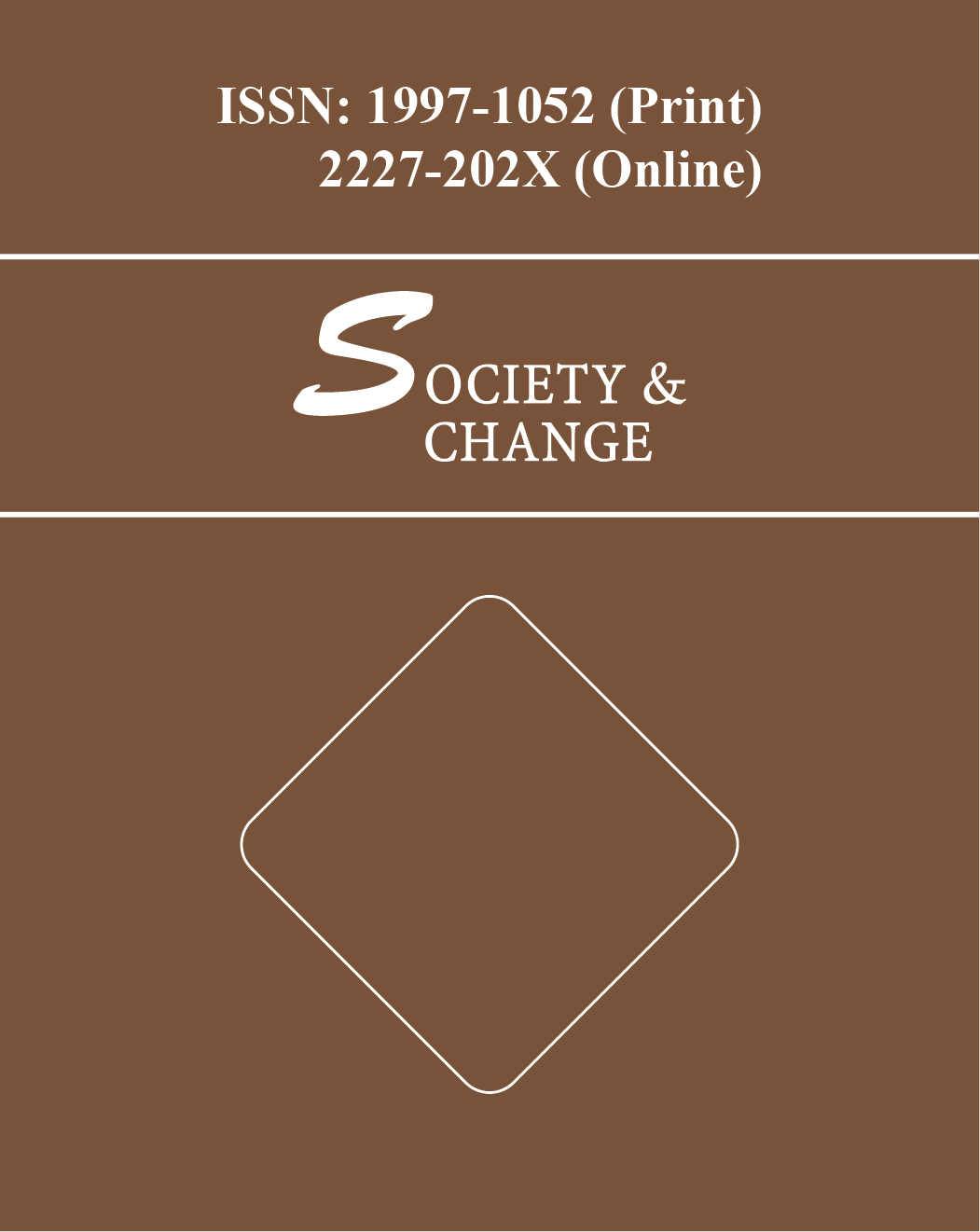Among Measles Mumps and Rubella (MMR), the last is the most dangerous virus causing congenital birth defects or pregnancy related anomalies. Western countries are neutralizing them through MMR vaccine following Health Belief Model (HBM). However, the studies conducted in third world countries like Bangladesh very often negate the usefulness of HBM. The present study, hence, aims at testing the model in Bangladeshi context while determining MMR vaccination coverage. A survey questionnaire was designed and, to collect data, 384 students of Northern University Bangladesh (NUB) were selected based on simple random sampling using Fisher’s formula. Further qualitative tools such as focus group discussion and in-depth interviews were used to understand the context, reasons for, and perceptions of health behaviours. At the bivariate level of analysis, respondents’ perceived threat of Measles Mumps and Rubella as well as perceived benefits and self-efficacy of, and barriers to MMR vaccine were found to be significantly associated with some socio-demographic factors such as gender, marital status, family types, education, household size, household income, household goods, religion and household food security (P<0.01 & P<0.05). But no construct of HBM was found to be significantly related to receiving MMR vaccine. FGD and in depth interviews on perceived threat of rubella virus and benefits of MMR vaccine reveal that those threats and benefits perceived by the respondents were not culturally constructed and, even, myths and assumptions against MMR vaccine were strongly acculturated. The results suggest that in order to understand health behaviours and risk perceptions in a culturally sensitive setting like Bangladesh, HBM might be extended as a holistic approach by adding culture specific knowledge, beliefs, values, myths, assumptions, and survivability factors.



 Additional Indexing
Additional Indexing